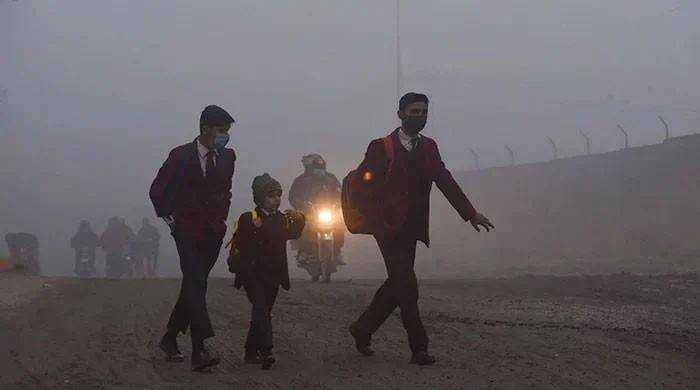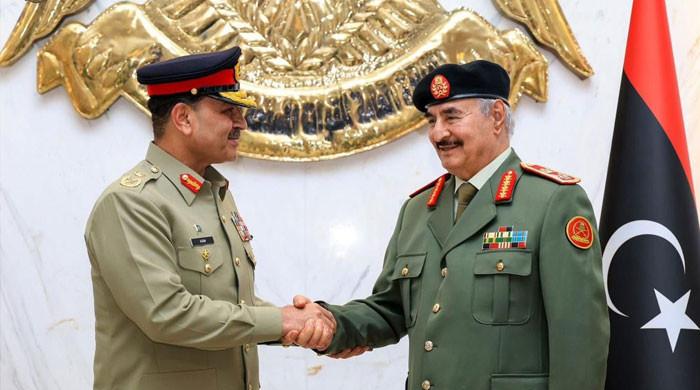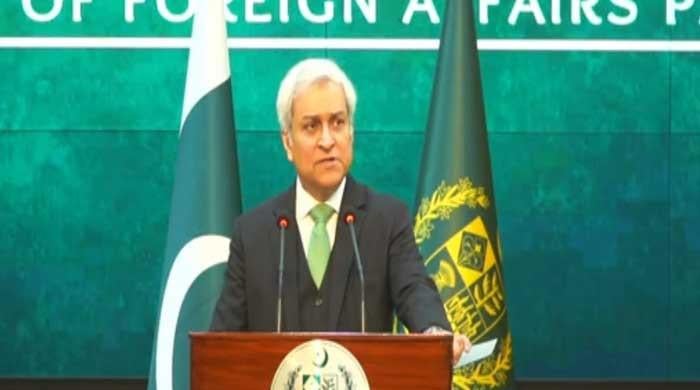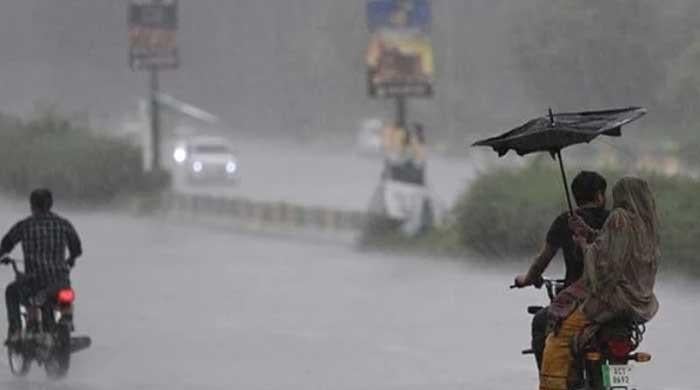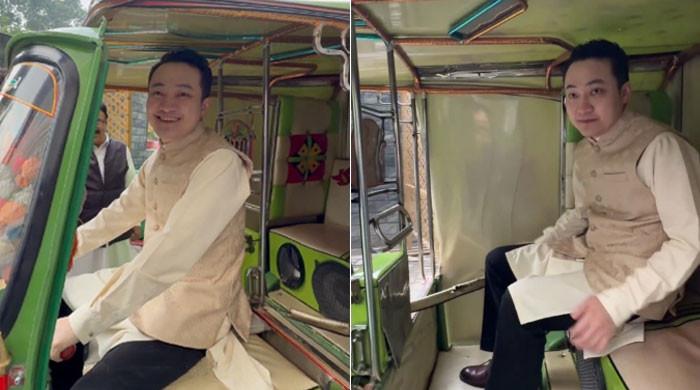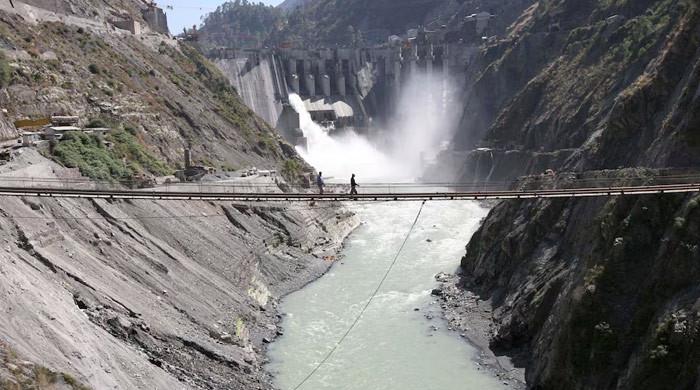Elections 1977: From PPP's highflying victory to Bhutto's shock hanging
This video report, covering the 1977 elections, is part of a series about the history of Pakistan elections since 1970
January 24, 2024
Pakistan People's Party's (PPP) founding leader Zulfiqar Ali Bhutto, who came to power after the fall of Dhaka in 1971, remained the Chief Martial Law Administrator (CMLA) for two years.
He took oath as Pakistan’s first elected Prime Minister on August 14, 1973.
Pakistan's second general elections were originally scheduled for early 1978, but Zulfiqar Ali Bhutto couldn't help holding the vote earlier because of his and his party's (PPP) burgeoning popularity.
PPP was challenged by the Pakistan National Alliance (PNA) in these elections — a union of anti-Bhutto parties. PNA consisted of Jamaat-e-Islami, Jamiat Ulma-e-Islam, Jamiat Ulma-e-Pakistan and other parties.
These elections were held on March 7, 1977, and as expected PPP gained a hefty majority by winning 155 out of the 200 seats. PPP’s opponent PNA could only win 36 seats, and 8 independent candidates were also successful.
A decrease in turnout
This election saw a turnout of 54% with 29,883,212 registered voters, marking a 9% reduction from the previous elections. Turnout remained relatively higher in Punjab at 64% and KP (erstwhile NWFP) at 42%, but it fell drastically in Sindh to 32% and Balochistan to only 27%. Various factors, such as political instability, insufficient faith in the electoral system, and notably the East Pakistan Liberation War in 1971, contributed to the lower turnout.
The PPP swept the national seats and gained a majority in all four provinces. In Sindh, the PPP won 99 out of the total 100 seats. In Punjab, the PPP won 227 out of the 240 seats. In KP, the PPP gained a majority with 60 seats and in Balochistan, the PPP led with 35 seats.
However, the PNA, accusing the government of rigging elections on a massive scale, took to the streets across the country. The party's mass protests eventually turned into Tehreek-e-Nizam-e-Mustafa.
Unrest erupted across the country, and to control the situation, Zulfikar Ali Bhutto imposed an emergency in major cities such as Karachi, Lahore, and Hyderabad on April 21, 1977.
But as the situation worsened, Pakistan’s first elected prime minister was arrested and then-army chief General Zia-ul-Haq seized power after overthrowing Bhutto's democratic government.
Bhutto was later charged and convicted for the murder of Muhammad Ahmed Khan Kasuri; a ruling that is referred to as a “judicial murder” to date. On April 4, 1979, Pakistan's first elected prime minister was hanged to death in Rawalpindi’s Adiala Jail.
The writer is a staffer at Geo.tv, he tweets X@ranashaharyar01




